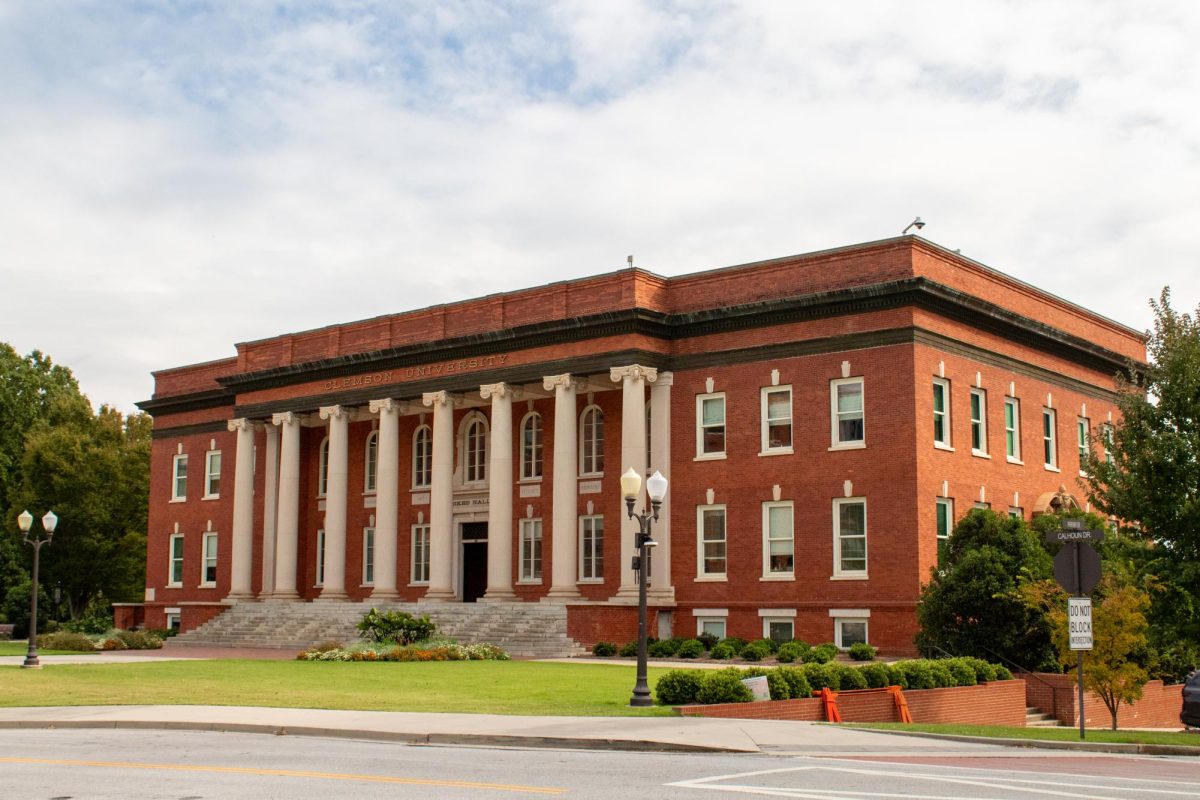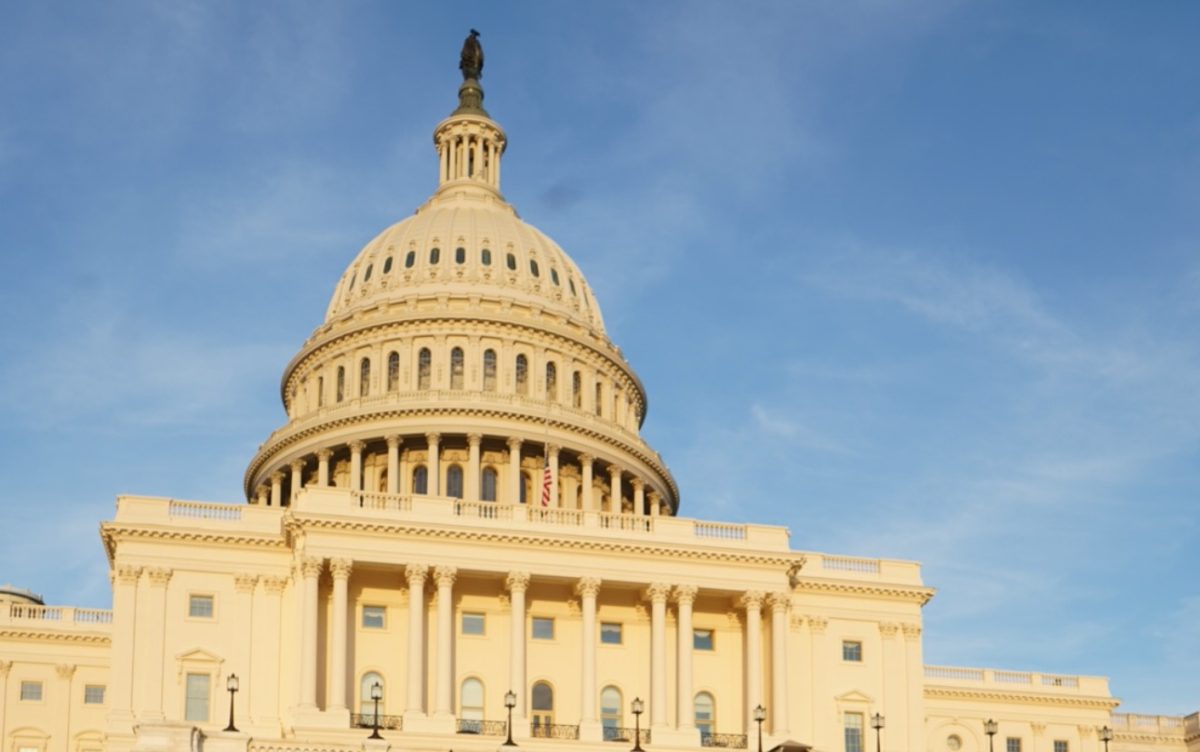Free printing, internship opportunities, smaller class sizes, a more in depth curriculum, speakers from around the country and closer connections with your professors; those are just some of the perks of being in Clemson’s Calhoun Honors College, and all you have to do after applying and being accepted is maintain a 3.5 GPA and pay a $500 fee each semester. But who’s in the Honors College, what are the requirements and is it worth it?
“I think the students that are most attracted to the Honors College are students that are attracted to Clemson,” Executive Director Dr. Bill Lasser said. “[Someone who] wants the big university, wants the whole college experience, wants the football and wants the whole social experience of a big, particularly southern college, but… they’re kind of also drawn to a small liberal arts college with smaller classes, really getting to know faculty, really getting [to] be able to explore the broader side of their minds, and they want sort of intensive experiences within their departments.”
Lasser is the head of the Honors College and has seen student’s interest in joining grow exponentially during his time here.
“In 2000, you didn’t apply to the Honors College, you just applied to Clemson and you’d be invited to be in the Honors College based on certain numbers,” Lasser said. “…now we’ll admit significantly less than half of the students that apply, and each year we have more applicants.”
A reason for the increase of applicants may be that Clemson’s Honors College is now one of the top ten Honors Colleges in the country and offers the same kind of quality education that top out of state schools do for a far lesser cost.
“I think that as a practical matter, I mean one of the reasons that Honors Colleges have become in general much more attractive, and I think Clemson in particular, is financial,” Lasser said.
“I think a lot of times students are looking at private schools and top out of state schools and from an honors college point of view we’re providing much the same kind of education at just a far cheaper price. So the additional [$500] fee is more but for many families the perception is actually compared to an education that you pay $65,000 a year for.”
Junior Religious Studies major James Power agrees with Lasser, saying that the challenge of the honors courses is what drew him to Calhoun.
“I just wanted the rigor of it,” Power said. “In high school, AP classes really suited my style a lot more, just because it was a smaller class, it was more intensive, it was also more analytical which challenged me more and helped me pay more attention, [so] I made better grades. And so, it taught me better study skills and so I thought a continuation of that going into the Honors College.”
Power has been in the Honors College since his freshman year, and stated the biggest perk for him was getting to hear keynote speakers from around the country.
“[Supreme Court Justice] Sotomayor was definitely probably the biggest name that came to campus. As far as connection to my major, [Greek scholar] Bart Ehrman was definitely the most connected to what I’m studying,” Power said. “Also it was cool during the elections last school year, the directors of the Honors College Dr. Lasser and his associate Dr. Fine are both political science professors, and so it was cool getting their input during the elections and their input on how the political process was playing out between Trump and Clinton and everything that was going down there … I think over 200 people show up during the debates and to view the commentary afterward.”
Honors College students not only enjoy getting to hear from speakers from other parts of the United States, but also get to develop closer relationships with their professors.
“Honestly, I really think so far the biggest perk has been getting to know my professor,” sophomore Accounting major Heidi Griesbach said. “I meet with her, so that I can keep up with my Honors project, and it really helps because I really want a good professor recommendation and she used to work as a marketer for the Atlanta Braves and so you just need someone like that for a good recommendation.”
Griesbach also said she’s counting on her membership in the Honors College to be of benefit after graduation.
“I’ve talked to a lot of the big bank industries and they actually say for some internship pools…they only look at the Honors students, and it just seemed like something that would stand out on a resume,” Griesbach said.
And for some Honors students, Calhoun has made their college experience what it is, and has been the best part yet, like for freshman Math major, Evan Haithcock.
“Honestly, I would definitely recommend applying because I would not have enjoyed my Clemson experience as much as I have had I not been in the Honors College,” Haithcock said.
Categories:
Is Clemson’s Honors College worth it?
Russell Glass, Contributor
October 2, 2017
0
Donate to The Tiger
Your donation will support the student journalists of Clemson University. Your contribution will allow us to purchase equipment and cover our annual website hosting costs.
More to Discover








